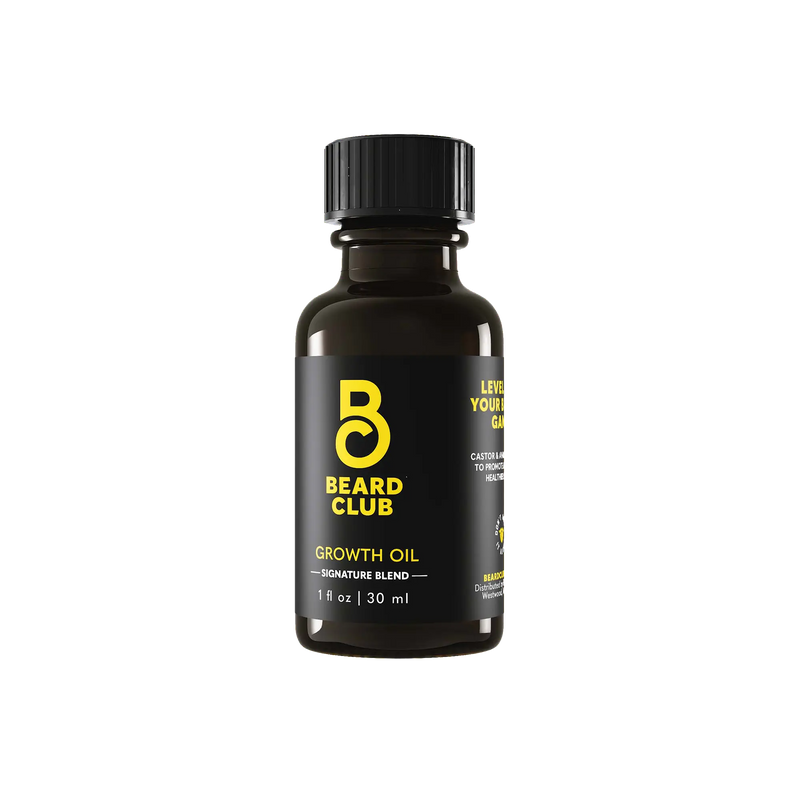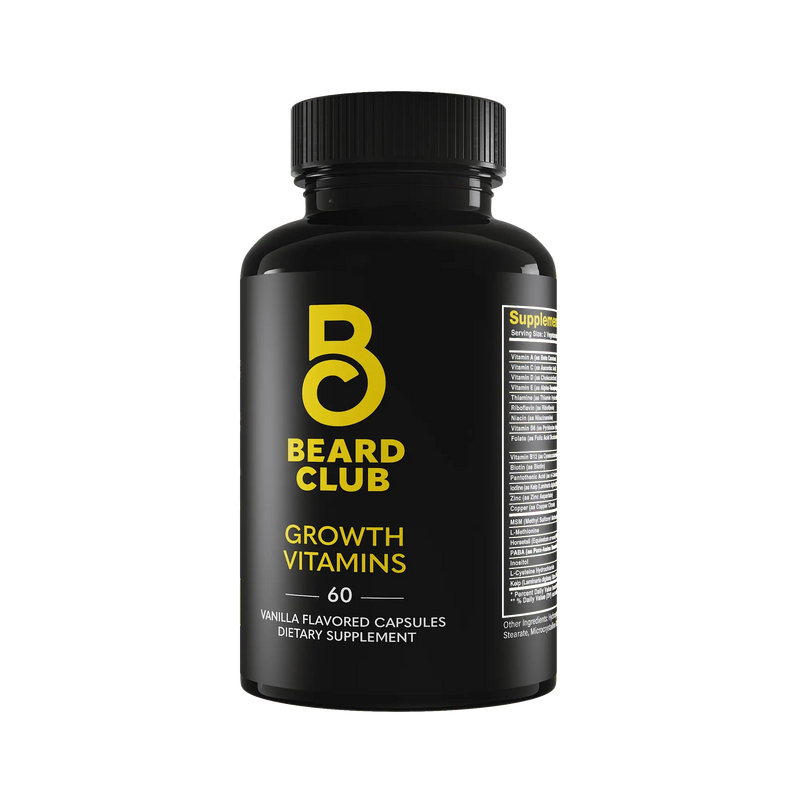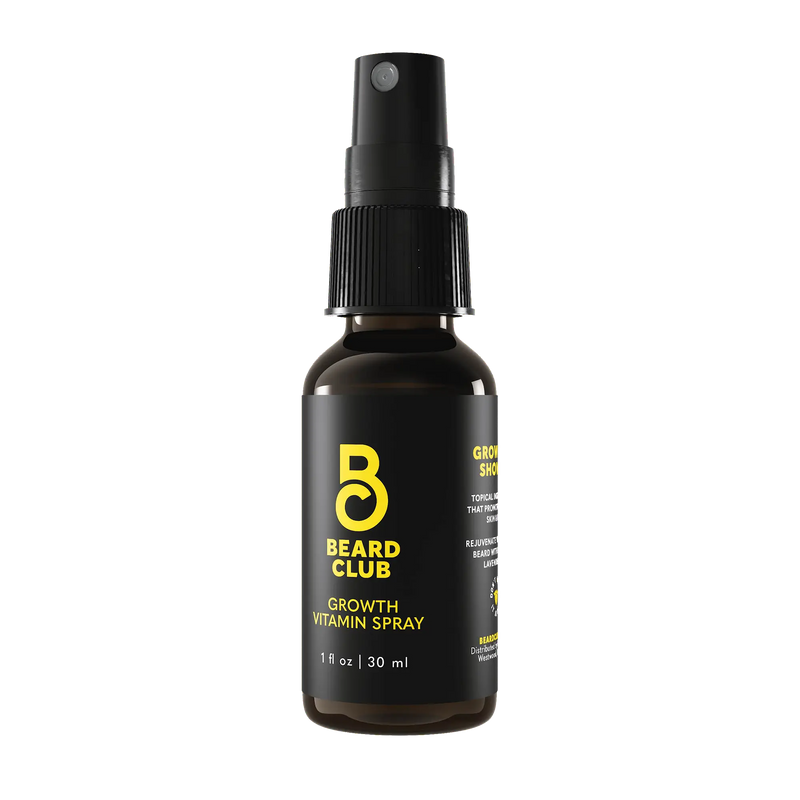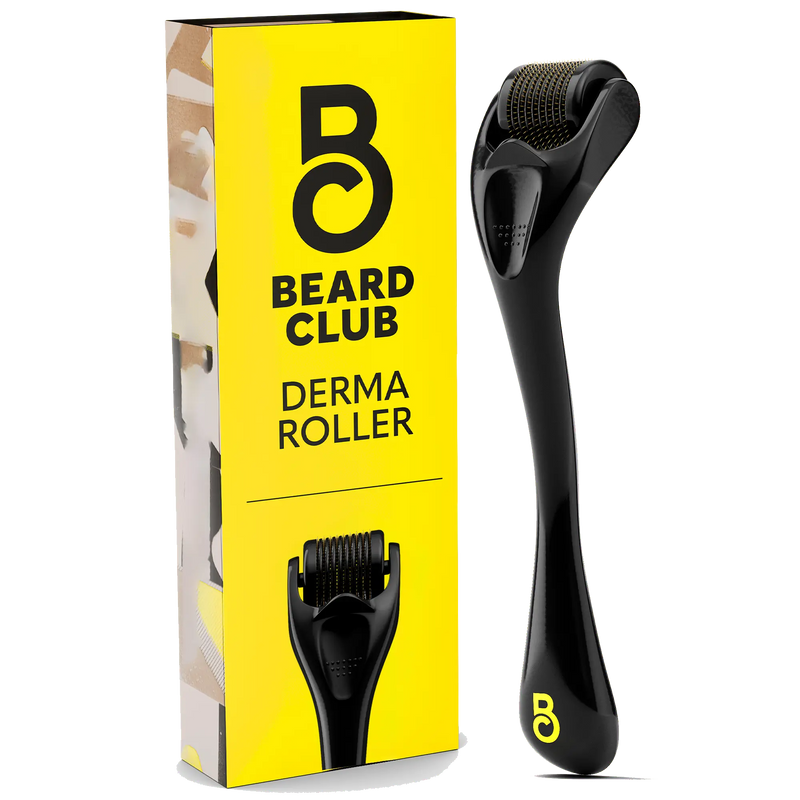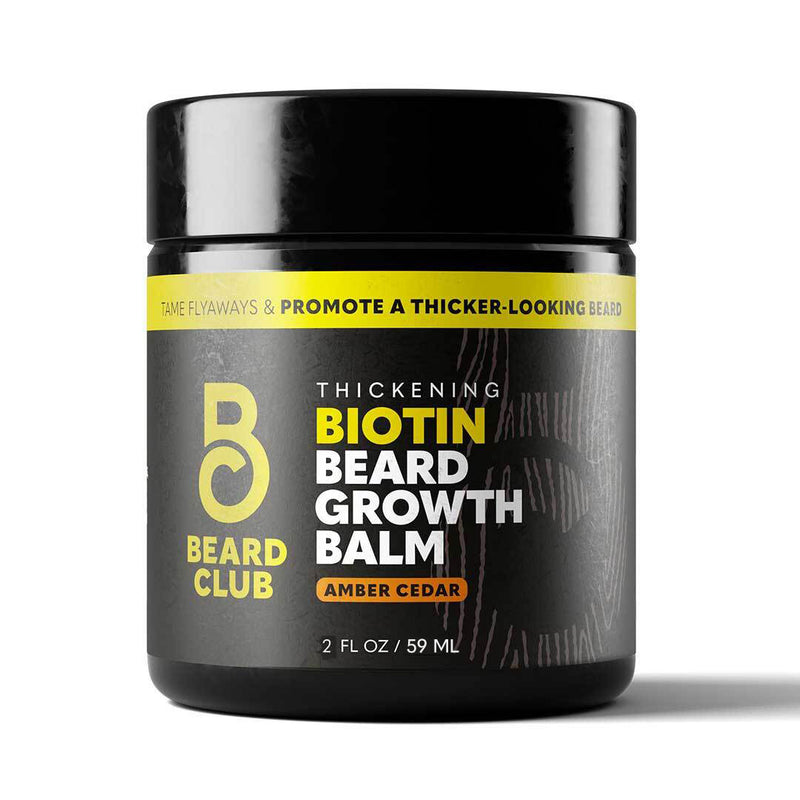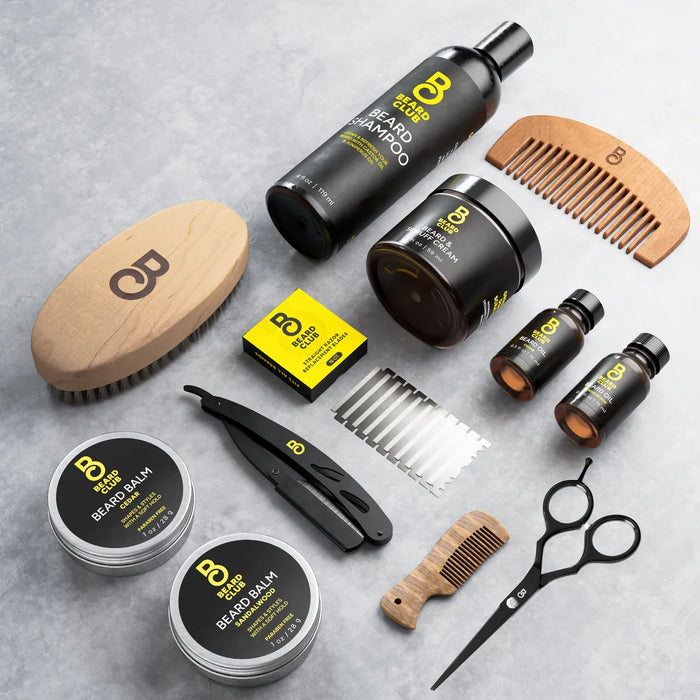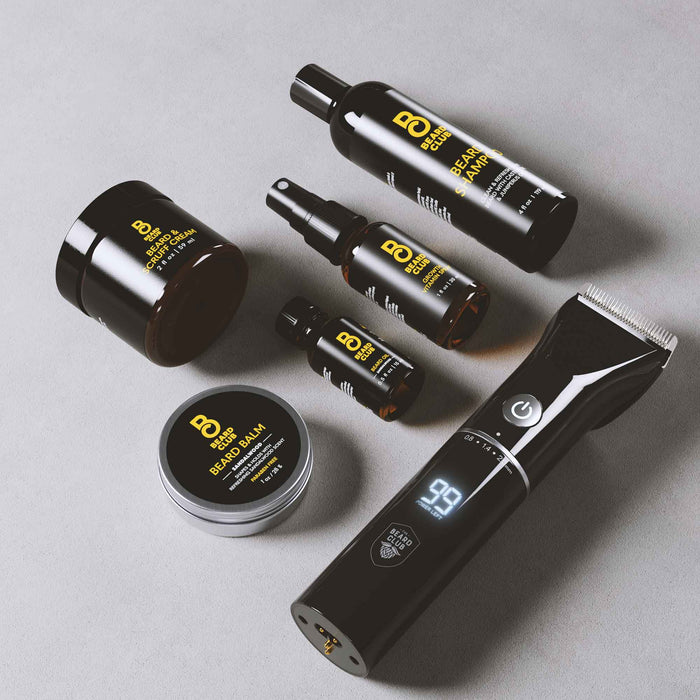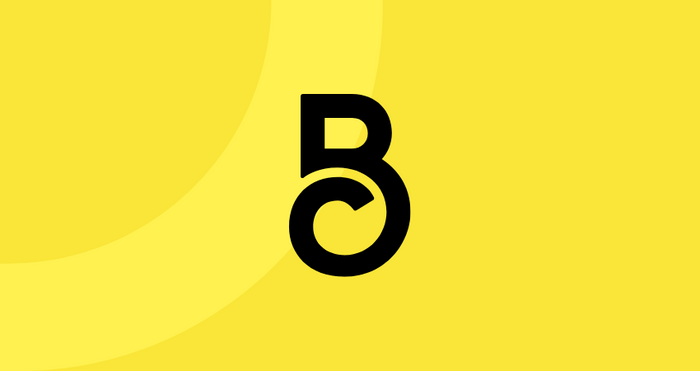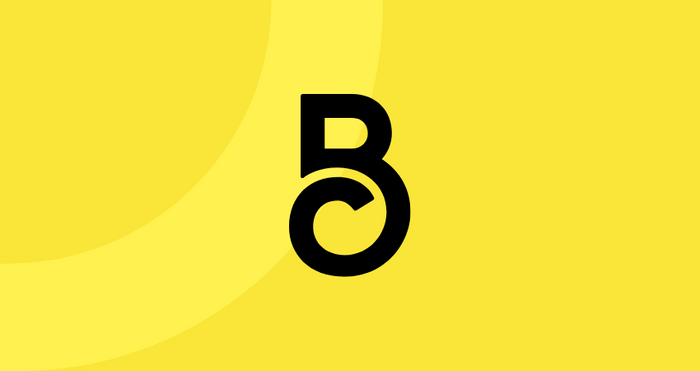Beard Oil vs. Balm: Key Differences and When To Use
Are you looking for a quick and simple way to hydrate and nourish your facial hair? Skip the vaseline and grab some real beard care products.
If your beard is feeling rough and scratchy, we’re here to help you out. We carry a range of oils and balms designed to moisturize and soften your facial hair, and each has its own distinct scent and benefits. However, determining which beard product is best for you can be tricky at first.
That’s where we come in. In today’s article, we’ll walk you through the key differences between beard oil and beard balm, introducing you to the best uses for these products along the way.
Beard Oil vs. Balm: What’s the Difference?
What Is Beard Balm?
Beard balm is a soft, pliable substance made for styling and conditioning your beard. Due to its texture, it's ideal for holding your beard or mustache in place and handling those unruly stragglers.
This product keeps your beard fragrant and soft, making it even more appealing to your significant other — and the rest of the world. Beard balm is filled with nourishing ingredients that are carefully chosen to condition your facial hair without clogging your pores. Common beard balm ingredients include coconut oil, shea butter, and even beeswax.
The Cedar Beard Balm and a Sandalwood Beard Balm are both stellar options for your facial hair. They both do the same job of providing hold, hydration, and happiness to your beard. The only difference? The smell.
The Cedar Beard Balm has an oaky, refreshing, woodsy smell, while the Sandalwood Beard Balm gives off a more ocean vibe. The choice of scent is up to you — know that you can’t go wrong with either!
What Is Beard Oil?
Unlike beard balm, beard oil has a thinner texture. However, beard balm and beard oil can both nourish and hydrate your facial hair while giving your beard a signature scent.
To build a house, you need a strong base, and the same goes for your beard. In this case, the base is your skin, which needs nutrients to be healthy enough to grow a strong beard. The end goal is to have thick, soft, and vibrant facial hair, and beard oil will get you there by providing the necessary nutrients to your skin and hair.
However, beard oil isn’t as much of a styling product as beard balm per se. While beard balm can make your facial hair easier to tame and shape, beard oil absorbs into your hair and skin without providing any hold.
What Is the Anatomy of Your Beard?

Before delving further into the topic of beard oil and beard balm, it's worth discussing the very subject of our affection — the beard. Your facial hair, much like the hair on your head, is more than just a collection of fibers sprouting from your skin. Your beard hair is an organ system in its own right, consisting of the hair shaft, hair follicle, sebaceous glands, and even tiny muscles that make your hair stand on end when it's cold — so yeah, you could say beard grooming is pretty important.
Each hair on your beard starts life deep within a hair follicle. These follicles are connected to small oil glands, or sebaceous glands, that produce an oily substance known as sebum. Sebum is your body's natural conditioner, keeping your facial hair soft, pliable, and moisturized. However, as your beard grows longer, these glands can't always keep up with the demand for sebum, which can leave your beard feeling dry, rough, and brittle.
Enter beard oils and balms, which are designed to mimic the effects of sebum, providing much-needed hydration and nourishment to your facial hair. When choosing between beard oil and beard balm, it's essential to consider your beard's needs.
For instance, if you have a thick, long beard, you might need a product that offers more hydration, like beard oil.
On the other hand, if you have a shorter beard with some straggly hairs, a beard balm or beard butter can provide the hold and control you need to keep your beard looking neat and tidy.
What Are the Main Beard Oil and Balm Ingredients?
As we've mentioned earlier, both beard oil and beard balm contain nourishing natural ingredients designed to hydrate and condition your facial hair. However, they have slightly different compositions that give them their unique properties in your grooming routine.
Beard oil typically contains a blend of carrier oils and essential oils. Carrier oils, such as jojoba oil, almond oil, and coconut oil, form the bulk of the product and provide the main hydrating and conditioning benefits. These oils are similar to sebum in their composition, which makes them particularly effective at moisturizing your facial hair (and taming an unruly beard).
In addition to carrier oils, most beard oils also contain a mix of essential oils. These oils, derived from various plants and herbs, give beard oil its distinct scent and can provide additional benefits. For example, cedarwood essential oil is known for its cleansing properties, while sandalwood essential oil is renowned for its soothing effects.
Beard balm has a thicker, waxier consistency, thanks to the addition of beeswax and butters like shea and cocoa. Beeswax gives beard balm its holding power, allowing you to shape and style your beard as you please. Meanwhile, butters like shea and cocoa provide extra hydration, giving you a healthy beard that’s soft and manageable.
How Do You Use Beard Oil?

Now that you know the difference between beard balm and beard oil, you know which one may work best for you. Here’s a quick guide to beard oil application:
Step One: Clean Your Face and Beard
The first step before shaving, trimming, or applying any products is to clean your face and beard. Washing your face is the first step to building a great beard; an unwashed face contributes to acne.
Whether you shower or only wash your face, wash your beard with warm water and a non-alcoholic facial cleanser. We recommend using Beard Shampoo, which is formulated to cleanse your beard while simultaneously softening your facial hair — without stripping away your body’s natural oils.
After washing your face and beard, dab your face dry.
Step Two: Apply the Oil
Once your beard and face are damp but not dripping wet, you can apply the oil.
Add a few drops onto the palms of your hands, rub your hands together, and distribute the oil throughout your beard. Make sure you’re rubbing it into your skin as well.
The amount of oil you’ll need varies based on your beard’s thickness and length. Make sure to take small amounts of drops at a time. A little bit of this powerful product goes a long way, and there’s no need to overdo it.
After you’ve applied the oil, spread it evenly throughout your beard and mustache with a specialized Beard Brush. This brush uses boar bristles to soothe and smooth out your beard while delivering the nutrients from your products to your skin.
How Do You Use Beard Balm?
Now that you know how to use beard oil, it’s time to walk through beard balm application step-by-step.
Step One: Apply the Balm
As always, it’s best to wash your face and beard before applying products like beard balm. After a thorough cleanse, pat your face down with a towel and move on.
Once your face and beard are dry, you can apply the balm. Use the back of your thumbnail or pointer fingernail to gently scrape out a little of the balm from the tin.
No matter the size and length of your beard — whether you’ve got a Gandalf the Grey look or Aragorn’s five O’clock shadow — we recommend starting off with a very small amount of beard balm. Think the size of a pea rather than the size of a grape.
Rub the balm between the tips of your fingers for a few seconds to warm it slightly. Evenly distribute the balm throughout your beard and mustache, rubbing it into your skin until it’s smooth. If you like, you can use a beard brush to style and spread the balm.
Step Three: Style Facial Hair With the Balm
After the balm has been distributed equally throughout your beard and mustache, it’s time to sculpt and shape it until you have the beard of your dreams. (Tools like your beard brush and beard comb are indispensable here.)
What Are the Benefits of Regular Application?
Applying beard oil or balm isn't just about keeping your beard looking its best and taming flyaways — these products can offer a host of benefits for your skin as well. For starters, they can help to hydrate and nourish your skin, reducing the risk of dryness and flaking, a common issue among men with beards known as “beardruff.”
Both beard oil and balm can help to reduce itchiness and irritation, particularly during the early stages of beard growth. When you shave, the ends of your facial hair can become sharp and can irritate your skin as they grow out. By softening these hairs and moisturizing your skin, beard oil and balm can alleviate this discomfort.
These products can help to prevent ingrown beard hairs, a common problem for men who shave regularly. Ingrown hairs occur when hair is cut short and curls back into the skin, leading to inflammation and discomfort. By keeping your facial hair soft and pliable, beard oil and balm can reduce the risk of hairs becoming ingrown.
A Matter of Preference
Truth is, the choice between beard oil and beard balm ultimately comes down to personal preference and your specific beard care needs. Beard oil offers a lighter, more moisturizing formula that is ideal for hydrating both your skin and hair. In contrast, beard balm offers a thicker consistency with added styling power, making it the go-to choice for men who want more control over their beard's appearance.
There's no rule that says you can't use both products together. In fact, many men find that applying beard oil for hydration and then finishing off with beard balm for styling provides the perfect combination for a healthy, handsome beard.
Our Beard Oils: The Trifecta
Our collection of beard oils has something for everyone. Check out our trifecta of oils below:
Cedar Beard Oil
Just like our balm, our Cedar Beard Oil is filled with nutrients for a real kick of hydration, giving off a woodsy scent.
It’s made with a foolproof combination of skin-friendly ingredients like almond oil, wood oil, and jojoba seed oil.
Jojoba seed oil is an extraordinary substance extracted from the jojoba shrub that grows in Mexico and the Southern US. This oil has been used by folks dealing with a wide range of skin issues, including acne, sunburn, and psoriasis.
Sandalwood Beard Oil
The Sandalwood Beard Oil is also filled with nutrients, just like the Cedar Oil. Containing most of the same ingredients, our Sandalwood Oil is another fantastic source of hydration, One little difference — it does all this with an ocean scent.
Beard Growth Oil
The last of our oils is a bit different. Beard Growth Oil hydrates your beard but goes further, nourishing your facial hair follicles to promote hair growth.
This product contains some of the same ingredients as the Cedar and Sandalwood oils, such as coconut oil, wood oils, and jojoba seed oil. However, the main ingredient in the Beard Growth Oil is the legendary castor oil.
This oil is made from castor plant seeds and assists in preventing fungal skin infections, acne, and dry skin since it contains vitamin E. Using the Beard Growth Oil is an essential step for a high-quality beard.
A Killer Combination
In case you were wondering, you can use our beard oil and balm together.
This kickass combination will not only give you a huge boost of hydration but will also tame any straggling hairs that just won’t behave otherwise.
Be sure to use the beard oil first by applying a small amount to your palm and distributing it all over your facial hair. Then, using the balm, sculpt and style your beard to give it the finishing touches. Using these products together will make your beard unstoppable!
Join The Beard Club today by using our products to nourish, condition, style, and perfect your beard. Whether you’re a beginner or a pro, we’ve got everything you need to keep your beard game strong.
Sources:
Shea Butter Benefits | Cleveland Clinic
Jojoba Oil: An Updated Comprehensive Review on Chemistry, Pharmaceutical Uses, and Toxicity | NCBI
What May Be Causing Your Itchy Beard? | Cleveland Clinic

